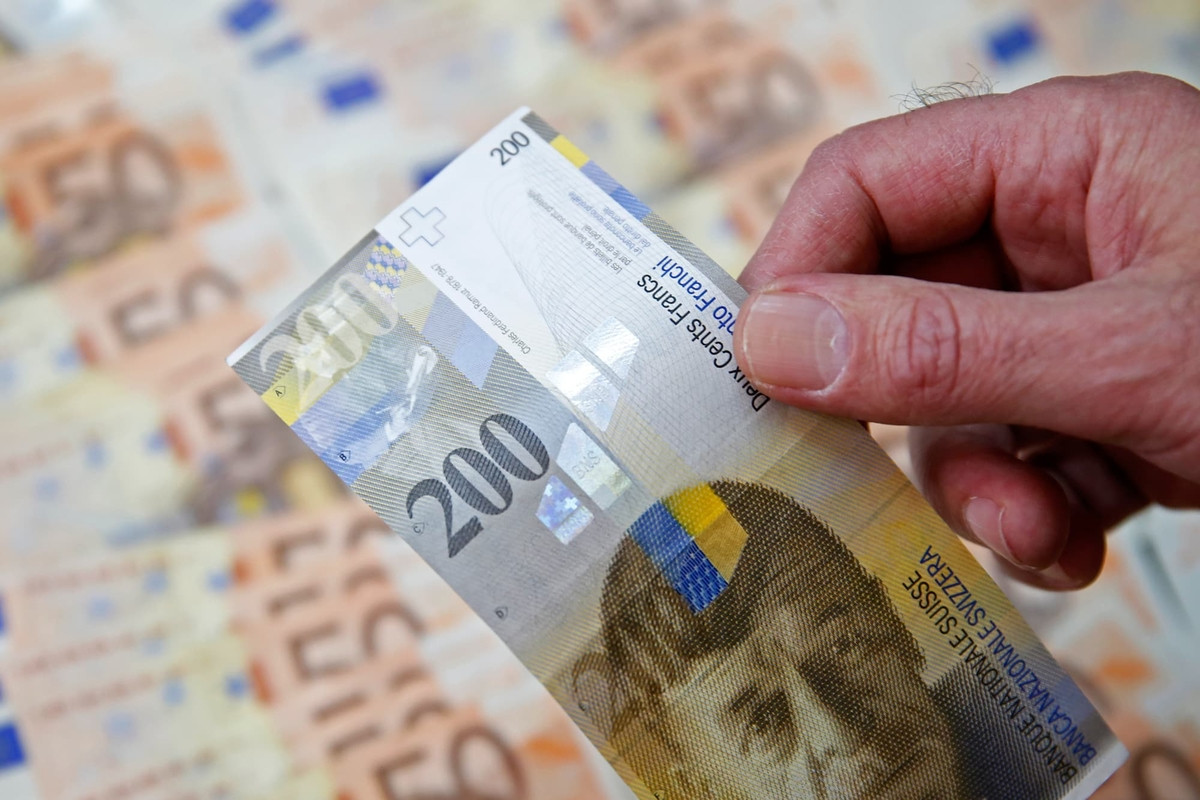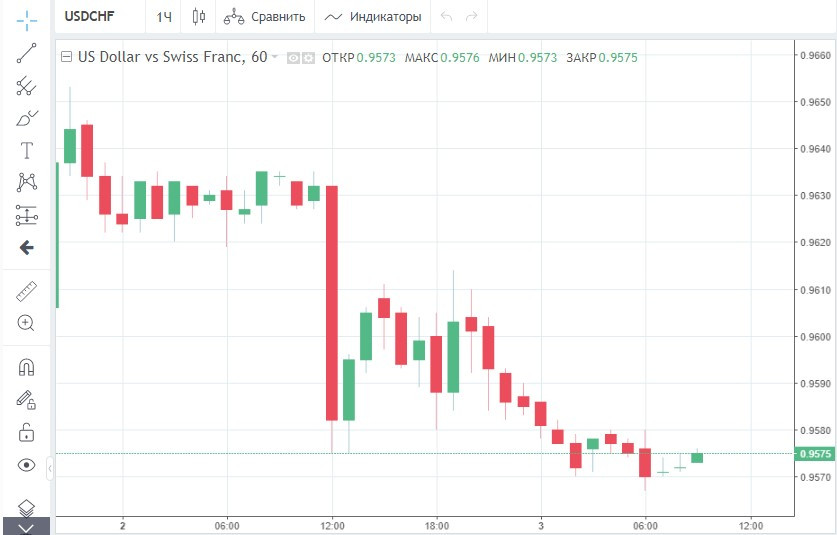
The last stronghold has fallen. In Switzerland, which until then had steadfastly held out amid a total rise in prices, inflation in May reached its highest level in 14 years. Will this force the Swiss National Bank (SNB) to raise rates?
The increase in fuel and food prices due to the situation in Ukraine has provoked a sharp surge in prices on all continents this year.Until recently, Switzerland remained an island of stability in this global chaos. But it seems that it, too, has finally begun to feel high inflationary pressures.
On Thursday, the country's government announced that the annual inflation rate in Switzerland rose to the highest level since September 2008.
Compared to last month, the consumer price index jumped from 2.5% to 2.9% on an annualized basis.
May was the fourth consecutive month when inflation in the country rose above the target of the SNB. Recall that the central bank aims for an annual inflation rate of 0-2%.
However, the price increase that has been going on since February has already gone too far beyond this range. Does this mean that the SNB may change its monetary policy in the direction of tightening in the near future?
Of course, compared with the high inflation rates in the eurozone or the UK, the rise in prices in Switzerland does not look catastrophic.
However, if we take into account the fact that the country has a traditionally low level of inflation, we can assume that even such a relatively small value is already critical for it.
Analysts predict that soon high prices will begin to put pressure on the Swiss economy and the SNB will have no choice but to start fighting rising inflation by raising rates.
Currently, the central bank adheres to an adaptive policy, which implies a base rate of -0.75%. This is the lowest indicator among all major banks.
So far, the SNB shows no signs of tightening policy. Moreover, it did not comment on inflation data released yesterday.
According to the forecasts of the Swiss bank UBS, the central bank will not rush to raise rates until September. Most likely, the SNB will want to assess the consequences of the beginning of the tightening of European Central Bank policy, which is scheduled for July.
However, investors' concerns about an earlier SNB rate hike are growing.
At the end of May, Andrea Mehler, a member of the governing board of the Swiss National Bank, said that the central bank would not hesitate to raise the rate if inflation remains persistently high.
Yesterday's release of the CPI strengthened the hawkish sentiment of the market, which had a positive impact on the franc.The Swiss currency gained 0.5% against the dollar on Thursday. At the end of the day, the USD/CHF was trading at 0.9596.

Now the "Swiss" is retreating further and further from the dangerous mark of 1.0020, which it touched in mid-May and thereby ensured parity for the dollar.
The rise of the franc is also taking place amid the general weakness of the US currency. Yesterday, the greenback index fell across the board as investors returned to risk.
The lifting of the quarantine in Shanghai and the potential increase in oil production in Saudi Arabia led to the growth of global stock markets.
As a result, the dollar index, which tracks the dollar against six major currencies, broke a 2-day climb and fell 0.8% to 101.78.
Further dynamics of the USD/CHF pair depends on the medium-term inflation forecasts of the SNB.
Also, investors are looking forward to the central bank's next meeting on monetary policy, which is scheduled for June 16.
 English
English 
 Русский
Русский Bahasa Indonesia
Bahasa Indonesia Bahasa Malay
Bahasa Malay ไทย
ไทย Español
Español Deutsch
Deutsch Български
Български Français
Français Tiếng Việt
Tiếng Việt 中文
中文 বাংলা
বাংলা हिन्दी
हिन्दी Čeština
Čeština Українська
Українська Română
Română

